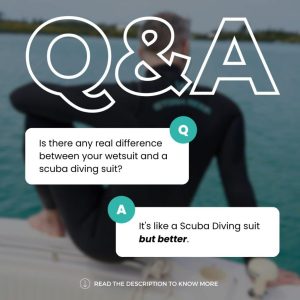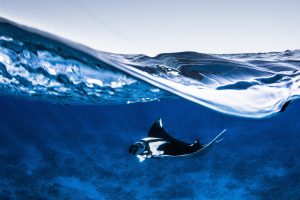Two experienced scuba divers on their way to a UK inland site have been able to put their safety equipment and rescue training to good use to help a pensioner in difficulties.
The woman, named Margaret and thought to be in her 80s, had collapsed at a Co-op store in Whittlesey, Cambridgeshire while the two men were inside buying water for a day’s diving at nearby Gildenburgh Water.
Staff had helped her into a chair but diving instructor Matt Harland and Andrew Lowde, both from Hemel Hempstead in Hertfordshire, could see that she had not only been sick and was panicking but was showing signs of cyanosis, an indicator of hypoxia. This prompted them to fetch the emergency oxygen cylinders they were carrying in their car, according to local press reports.
The men had asked Co-op staff to call an ambulance but, hearing that it could take some time to arrive, they stayed to settle the woman’s breathing by administering the O2, and conversed with her to keep her awake until the paramedics reached the scene.
The divers described Margaret as “very frail, and you could see her condition deteriorating… We were definitely in the right place at the right time to help her”. They are now hoping to find out whether she made a full recovery.
“Well done to the two divers last week – proud of you both,” commented Dive-In, owner of their destination dive-centre at Gildenburgh.
Snorkel tour-boats should carry oxygen
A South Australian coroner has recommended that provision of safety equipment, primarily emergency oxygen, should be mandatory on commercial snorkelling tours in the state, following an extended inquest into the death of a Filipino female tourist seven years ago.
Commercial snorkelling tours are unregulated in South Australia, unlike other parts of the continent such as Queensland. Boats are not required to carry O2, a defibrillator, adrenaline or a rigid body-board for recovering people from the water.
While visiting the area with family-members in 2017, Ardebby Oh Chua, 41, had gone on a sea-lion encounter trip near Tumby Bay on the Eyre Peninsula with now-defunct Port Lincoln operator Adventure Bay Charters, which also offered shark-cage experiences. Of the 19 guests onboard, eight were inexperienced swimmers, according to ABC News.
After some 40 minutes in the water Chua had been found unresponsive and remained unconscious during in-water attempts to resuscitate her and bring her back to the boat. She was declared dead later in hospital, with the cause given as saltwater drowning.
Coroner Naomi Kereru recommended “businesses conducting snorkelling activities to carry an emergency oxygen unit as part of their first-aid supplies”.
She also pointed out that it had taken 18-30 minutes to get Chua back to the boat, and that availability of a “surfboard or backboard” would have helped to speed up this process.
Also on Divernet: Diver Test: Nautilus Oxygen Administration Set, Surviving IPO: A diver’s perspective, Red flags for snorkellers: how to stop the quiet deaths


